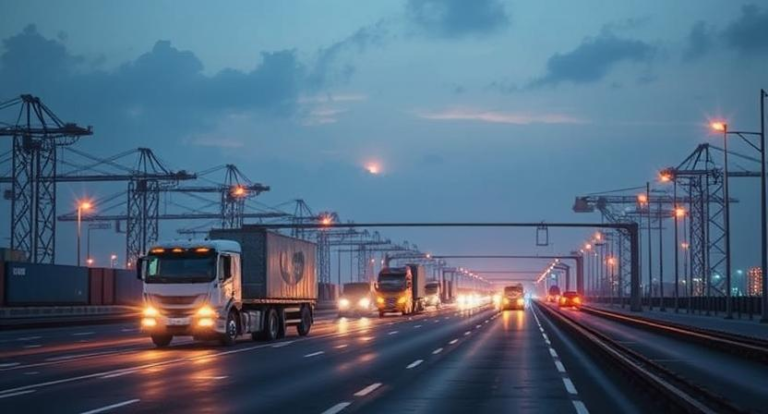India’s supply chain ecosystem is a vital engine of economic growth, yet it faces persistent inefficiencies. A fragmented logistics network, outdated infrastructure, regulatory bottlenecks, and technological gaps contribute to delays, increased costs, and reduced competitiveness. However, leading Indian companies are transforming this landscape through innovation, technology, and strategic collaboration.
Challenges in India’s Supply Chain
- Infrastructure Deficiencies India’s supply chain suffers from inadequate roads, ports, and warehouses. According to the World Bank, India ranks lower than global leaders in logistics performance, increasing transit times and operational costs.
- Regulatory Complexity Multiple regulatory frameworks across states create inefficiencies. A lack of uniformity in taxation and compliance requirements slows down the movement of goods.
- Technology Gaps The supply chain industry lags in adopting digital solutions. Many businesses still rely on manual processes, leading to errors and inefficiencies.
- High Logistics Costs Logistics costs in India account for nearly 14% of GDP, significantly higher than in developed economies. This affects the competitiveness of Indian businesses in global markets.
How Leading Indian Companies Are Transforming Logistics
- Investment in Infrastructure Companies like Reliance and Adani are heavily investing in logistics parks, smart warehouses, and port development to enhance efficiency and reduce transit times.
- Policy and Regulatory Adaptation Firms such as Flipkart and Amazon India are leveraging GST-driven supply chain restructuring to streamline operations, optimize warehousing, and enable faster last-mile deliveries.
- Digital Transformation Businesses like Tata Motors and Mahindra Logistics are integrating AI, blockchain, and IoT for real-time tracking, demand forecasting, and automated supply chain management.
- Supply Chain Resilience Strategies Companies are diversifying sourcing strategies and enhancing warehousing capabilities. For example, ITC and Marico have strengthened their regional distribution networks to minimize disruptions.
- Public-Private Collaboration Initiatives such as the National Logistics Policy (NLP) have encouraged partnerships between private firms and the government to drive infrastructure and digital adoption.

